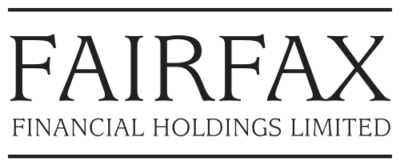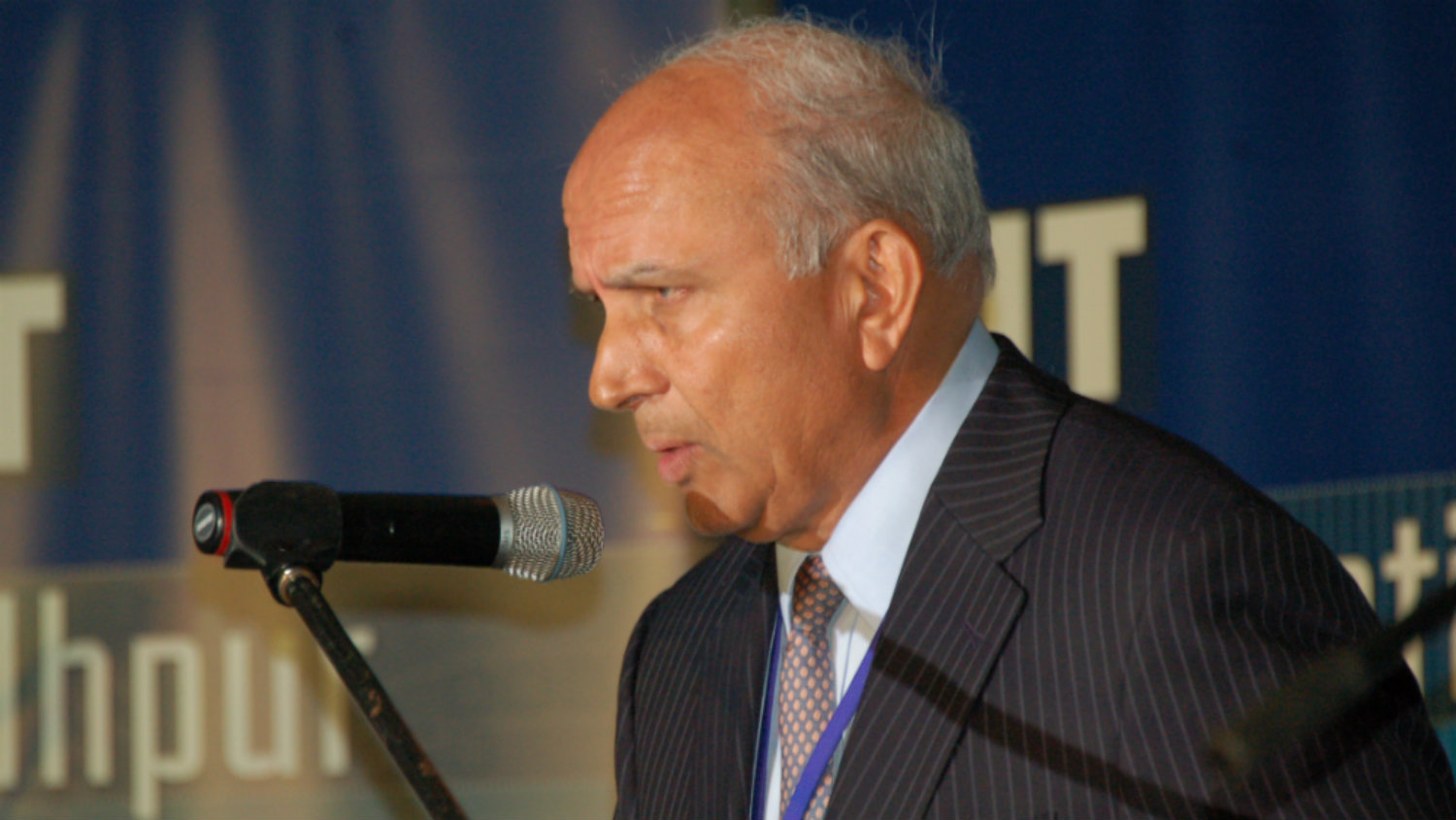Fairfax Financial Holdings Ltd. (TSX:FFH) stock has been a laggard in the last year because of its initial bearish stance on the market. The company’s defensive equity index hedges added pressure on the stock as the market continued its march higher.
The company finally removed the hedges in the fourth quarter, which has led to better performance as the market continued to hold up.
Fairfax was reasonably valued in late June when it traded at ~$558 per share. In two months, the stock has appreciated nearly 14% to ~$636. Let’s explore why the market has turned more positive on the stock.
Understanding the business
Fairfax is a holding company of casualty and property insurance businesses, from which it generates premiums and invests for higher returns, much like what Warren Buffett does with Berkshire Hathaway.
At the end of the second quarter, Fairfax’s investment portfolio consisted of three big components: cash and short-term investments (~US$11.1 billion, or ~40% of its portfolio), bonds (~US$7.4 billion, or ~26.6% of its portfolio), and common stocks (~US$4 billion, or ~14.5% of its portfolio).
With most of its portfolio in cash and short-term investments, Fairfax benefits greatly when interest rates rise as it will earn more interest income.
Long-term value creation
Fairfax aims to achieve a high rate of return on invested capital and build long-term value for shareholders. From 1985 to 2016, under the same management, the company compounded its book value per share by 19.4% annually, which translated to share price per share compounding of 18.6%.
Over the long term, the company aims to compound its book value per share by 15% per year through disciplined underwriting and value investing.

The 5% pop
The pop on Thursday had to do with Fairfax’s announcement; the company agreed to sell a 97.7% interest in First Capital, the largest commercial property and casualty insurer in Singapore, to Mitsui Sumitomo Insurance Company, a company based in Tokyo, which has global operations and is the “leading non-life insurance group in Japan with a 33% market share,” as stated in Fairfax’s recent presentation.
It seems to be part of the deal that Fairfax is exploring a broad global partnership with Mitsui. Fairfax believes the sale and partnership will benefit both parties.
Fairfax is getting a double-digit rate of return from the sale of First Capital, which is a prime example of its long-term investment strategy. Fairfax invested US$35 million in the company in 2002 and is getting a net gain of US$900 million after tax, which roughly translates to an annualized return of 25%.
In the ~14 years that Fairfax held First Capital, it generated lots of premiums as well. Gross premiums written in 2016 alone were ~US$393 million.
Additionally, Fairfax continues to focus in Asia through its various holdings and operations in Malaysia, Hong Kong, Indonesia, Sri Lanka, India, Vietnam, Thailand, and China. It will be interesting to see how the partnership with Mitsui will play out for Fairfax.








